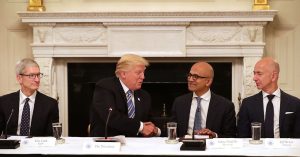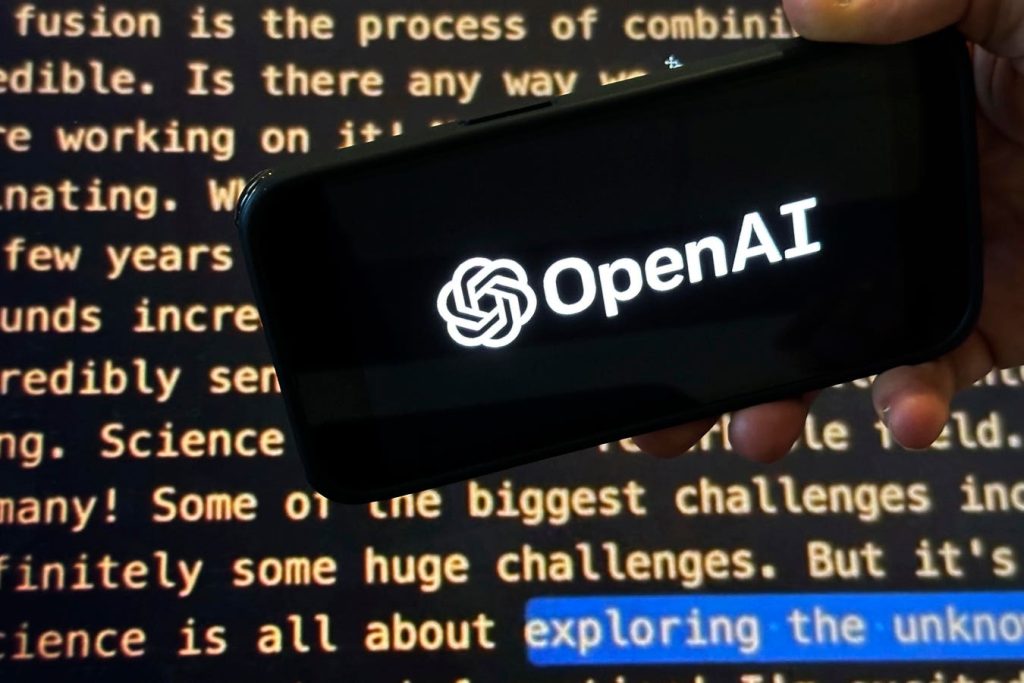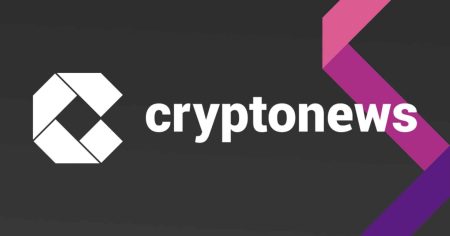OpenAI is a non-profit research company with the stated goal of promoting and developing friendly artificial general intelligence (AGI). It was founded in 2015 by Elon Musk, Sam Altman, Ilya Sutskever, Greg Brockman, and others, who pledged $1B in funding.
OpenAI has made significant contributions to the field of AI research, including the development of the GPT-3 language model and the DALL-E image generator. The company has also released several open-source tools and datasets, including Gym, Universe, and Roboschool.
In 2022, Microsoft
MSFT
OpenAI is a controversial company, with some critics arguing that it is too close to Silicon Valley and that it does not do enough to promote AI safety. However, the company is also widely respected for its work on AI research, and it is seen as a leader in the field.
In a surprising turn of events, Sam Altman, the famed co-founder and CEO of OpenAI, was fired by the company’s board on November 18, 2023. This decision was made after a “deliberative review process” by the board, which concluded that Altman was “not consistently candid in his communications with the board.” As a result, the board “no longer has confidence in his ability to continue leading OpenAI.”
The news of Altman’s firing has been met with shock and dismay by many in the AI community, who see him as a visionary leader who was well-positioned to guide OpenAI into the future. Altman was a vocal advocate for the responsible development of AI, and he has played a key role in establishing OpenAI as a leading force in AI research and development.
Some have drawn parallels between Altman’s dismissal and Steve Jobs’s ouster as CEO of Apple
AAPL
However, Altman’s firing also comes as a surprise to some investors in OpenAI, who were not given a say in the decision. Microsoft has made a $13B investment in OpenAI but their voice was not represented on the OpenAI board.
This is because OpenAI is a non-profit corporation, which means that its board of directors is not accountable to shareholders. As a result, the board was able to fire Altman without any input from investors.
This lack of investor oversight has led to some concerns about the governance of OpenAI. Some critics have argued that the current structure gives the board too much power, and that it could lead to future conflicts of interest. Others have argued that the board should be more transparent about its decision-making process.
In the wake of Altman’s firing, Microsoft has announced that it will hire him to lead a new AI initiative. This move is seen as a major coup for Microsoft, which is hoping to use Altman’s expertise to help it compete with other tech giants in the AI space.
However, Altman’s hiring has also been met with some criticism from OpenAI employees. Some employees have argued that Altman’s firing was unjustified, and that he should be reinstated as CEO. Others have threatened to resign if the board does not resign.
In a display of solidarity and opposition to the 4 person board’s decision, over 730 OpenAI employees signed a petition demanding the resignation of the board and the reinstatement of Sam Altman as CEO. The petition highlighted the board’s lack of transparency and its failure to provide sufficient evidence to justify Altman’s firing. The employees expressed their belief that Altman’s leadership was crucial for OpenAI’s success and that his dismissal would jeopardize the company’s future.
The petition’s circulation served as a powerful statement of the employees’ dissatisfaction with the board’s actions and their unwavering support for Altman.
In a dramatic turn of events, OpenAI’s co-founder and former CEO Sam Altman was rehired to lead the company just days after his surprising ouster. The decision came after a tumultuous week that saw the company’s entire board step down and a significant portion of its staff threaten to quit in protest of Altman’s firing. The new board, which includes former Salesforce
CRM
This unexpected reversal highlights the deep respect and admiration that Altman commands within the AI community, and it underscores the importance of having a visionary and experienced leader at the helm of a company like OpenAI.
The recent events at OpenAI have raised a number of important questions about the governance of non-profit corporations and the role of investors in these organizations. It is clear that OpenAI is at a crossroads, and it remains to be seen how the company will move forward in the wake of Altman’s firing.
OpenAI has a very unique governance structure that I have not seen before. My public and private board experience has been almost entirely at for profit companies where as a board member your “duty of loyalty” is very clear. In the for profit board governance world, as a board member, you represent the interests of the shareholders (and other stakeholders being employees and customers).
In the non-profit world I am surmising the organizations corporate structure and bylaws identify who/what interest the board is representing.
There is an opportunity to add enhanced and experienced corporate governance with directors who have been entrepreneurs and gone through hypergrowth from start up to scale up.
In this unique environment directors have to add enough process to enable a culture of nimble innovation and deep sensitivity to the large ethical and philosophical questions around AI.
Only time will tell what the future holds for OpenAI.
Read the full article here















